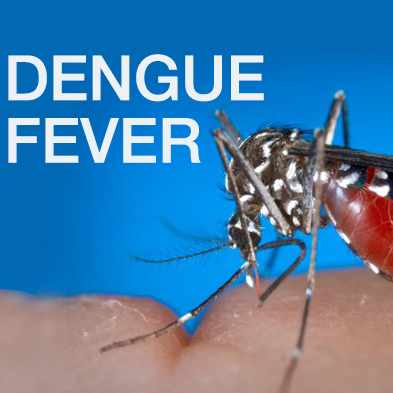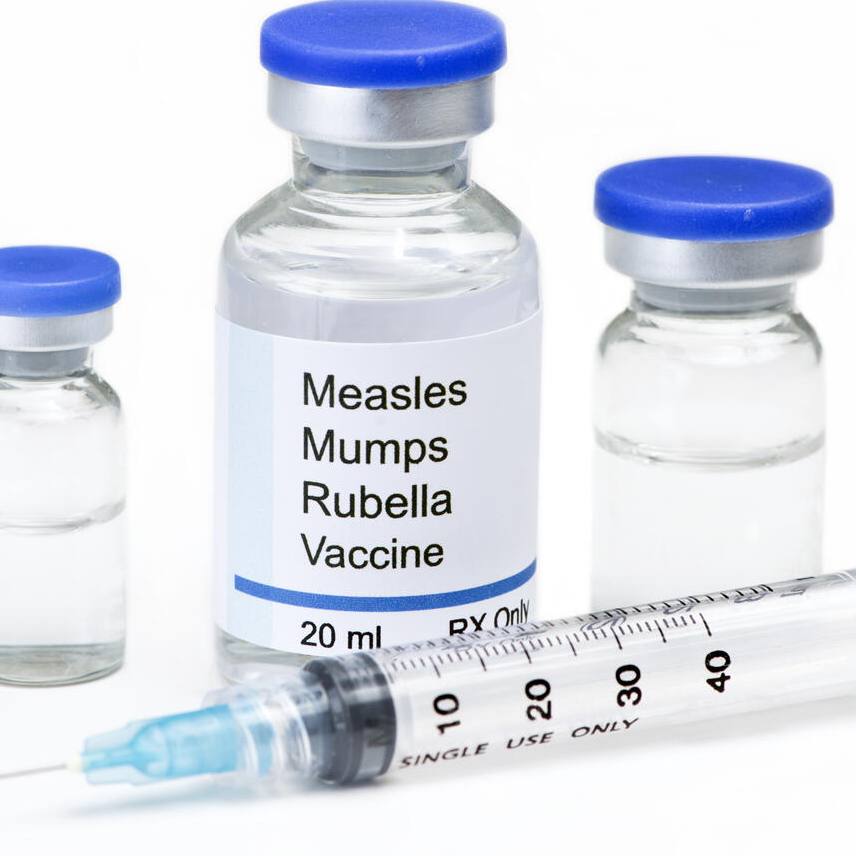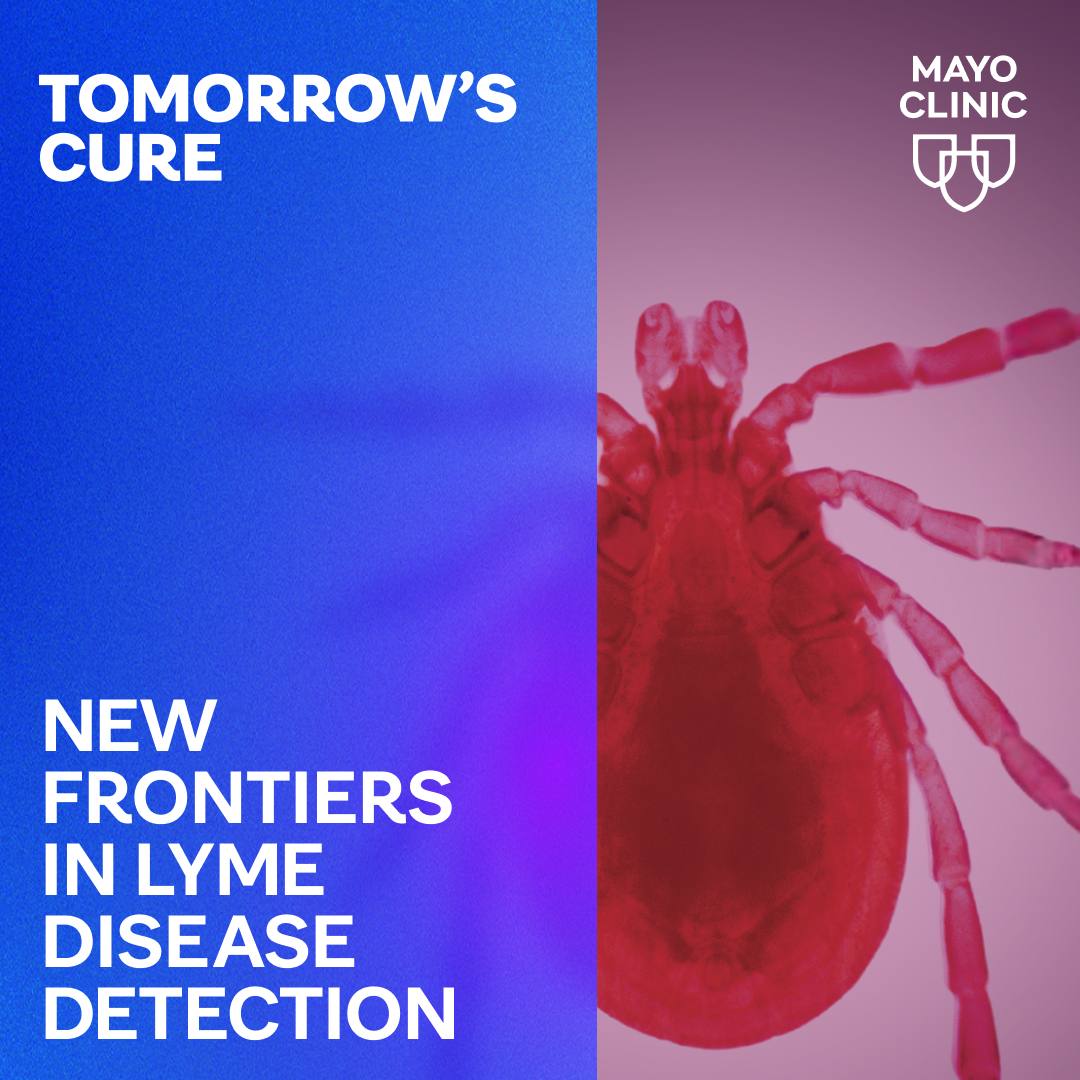-

The Olympics of Germs: Expert Offers Tips on Avoiding Illness in Crowds
ROCHESTER, Minn. — July 25, 2012. Massive crowds from around the globe will mingle in London during the Olympics, and that means a world-class array of germs will mix with them. Mayo Clinic infectious diseases expert Gregory Poland, M.D., offers several tips for avoiding illness when you are around lots of people, whether at the Olympics, a professional football game, convention, arena concert or other major event.

MULTIMEDIA ALERT: Video clips of Dr. Poland will be available for journalists to download on the Mayo Clinic News Network.
"The big ones that we're worried about in terms of the Olympics are things that are currently epidemic in certain parts of the world, including the U.S. Those would include pertussis, measles, mumps, rubella, and of course, when you have people coming from the Southern Hemisphere, this is their influenza season," says Dr. Poland, the Mary Lowell Leary Professor of Medicine and director of the Vaccine Research Group at Mayo Clinic.
Whenever you're in a venue with hundreds of thousands of people gathering, particularly from all corners of the world, you automatically run increased risk, Dr. Poland says. The people around you may not have the same immunization programs or the same standards of personal cleanliness or food safety, he adds.
Besides illnesses such as pertussis, measles, mumps, colds and flu, other heightened dangers in places with large numbers of people passing through include respiratory diseases such as tuberculosis; vermin such as head lice and bedbugs; food-borne sickness such as E. coli, salmonella, hepatitis A and traveler's diarrhea; and skin conditions including athlete's foot and staph infections.
Dr. Poland offers these tips for sidestepping illness:
- Keep your vaccines up to date: The most important ones include the MMR vaccine for measles, mumps and rubella; the seasonal flu shot; and a relatively new vaccine called Tdap, for tetanus, diphtheria and acellular pertussis. Vaccination against pertussis, also known as whooping cough, is particularly important as epidemics spring up around the United States and the world, Dr. Poland says. England and other parts of Europe have also had measles outbreaks, he says.
- Wash your hands thoroughly with soap and hot water or alcohol-based hand sanitizer, particularly before leaving a restroom, eating or touching your face. Wash your hands for about 20 seconds, roughly as long as it takes to sing "Happy Birthday." When visiting a public restroom, use a paper towel to turn off the faucet and open the door when leaving, to avoid recontaminating your hands with the plethora of germs on public faucets and door handles.
- Dine carefully: If it's not cooked well, boiled or peeled, forget it. Seek out food that requires little handling when prepared. Make sure food that is supposed to be hot is served hot and food that is supposed to be cold is served cold, and make sure dishes and utensils are clean.
- Wear shower shoes/pool shoes when using the shower or pool in public places.
- Avoid swimming pools, hot tubs or whirlpools unless you are certain they are properly maintained. It's particularly hard for consumers to tell whether a hot tub or whirlpool is sanitary, and if it is not, bacterial, skin and pulmonary infections are a danger, Dr. Poland says.
- Don't smoke: It raises the odds you'll get Legionnaires' disease if you're exposed to the legionella bacteria, and can also make you more susceptible to respiratory illnesses in general.
- Don't try on hats in stores: To minimize the risk of getting head lice, if you buy a hat, seal it in a plastic bag to carry it home, then freeze it for several days or launder it before wearing.
- Scout for bedbugs before taking a hotel room, and once in a room, only place your luggage on wooden surfaces or in the bathtub, not on the floor, bed, chair or couch until you determine whether bedbugs are present.
- Be an advocate for your health: If someone near you is obviously ill, move away if you can, or ask to be reseated. If a server's hands touch your food or the rim of your glass or cup, don't be embarrassed or hesitant about asking for a new serving or moving on and eating elsewhere.
And if you are or recently have been at a mass gathering such as the Olympics and aren't feeling well, seek medical attention.
"If you do develop signs of illness, you need to be evaluated," Dr. Poland says. "You don't know if it's a simple virus, a complicated virus, bacteria, or even unfortunately, with this many people from around the world something of greater concern such as tuberculosis."
All of that said, there is no need to take precautions to an extreme, such as wearing a face mask in public, unless you are ill or there is a known epidemic, he says.
For interviews with Dr. Poland, please contact Sharon Theimer in Mayo Clinic Public Affairs at 507-284-5005 or via email at newsbureau@mayo.edu. For more Olympic experts, please see Mayo Clinic News.
###
About Mayo Clinic:
Recognizing 150 years of serving humanity in 2014, Mayo Clinic is a nonprofit worldwide leader in medical care, research and education for people from all walks of life. For more information, visit 150years.mayoclinic.org, www.mayoclinic.org and newsnetwork.mayoclinic.org.
Media Contact: Sharon Theimer, 507-284-5005 (days), newsbureau@mayo.edu
Related Articles







